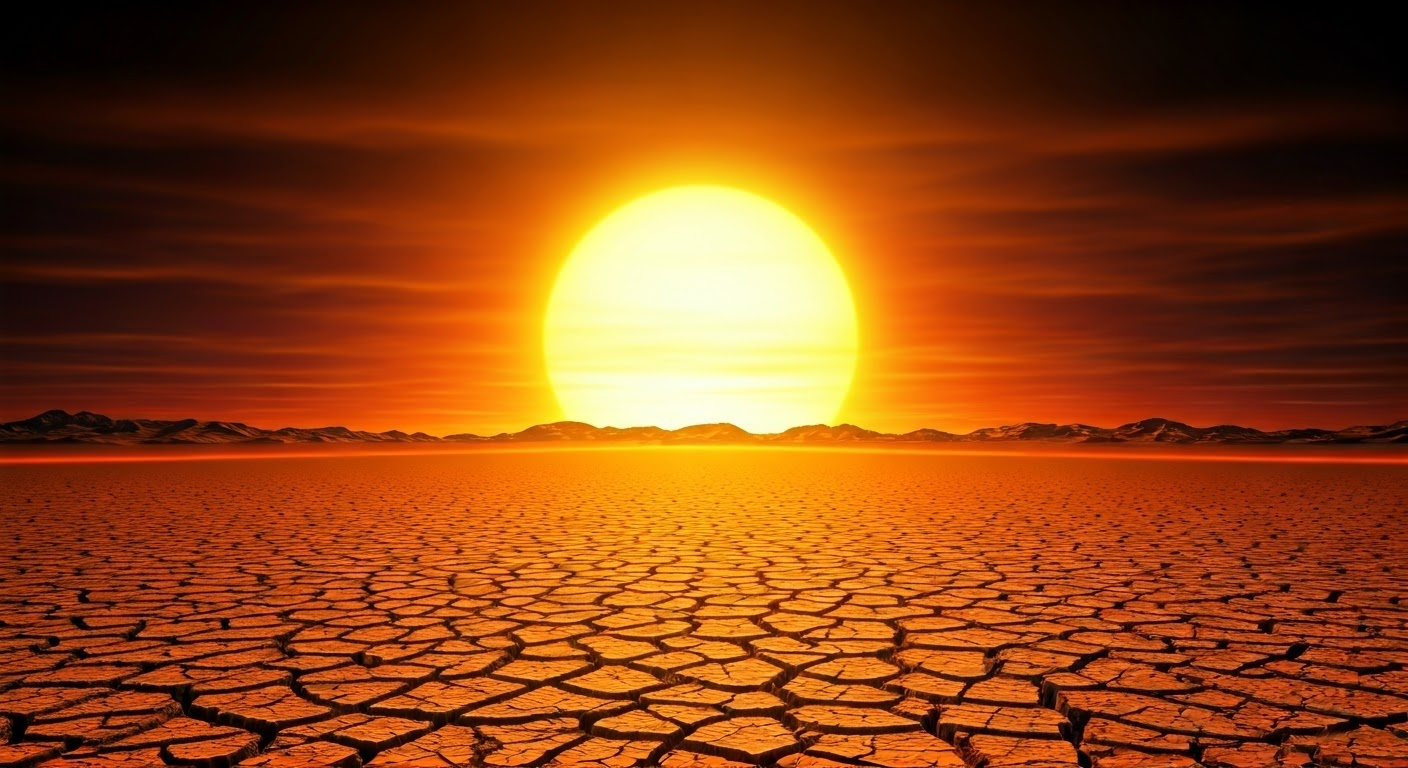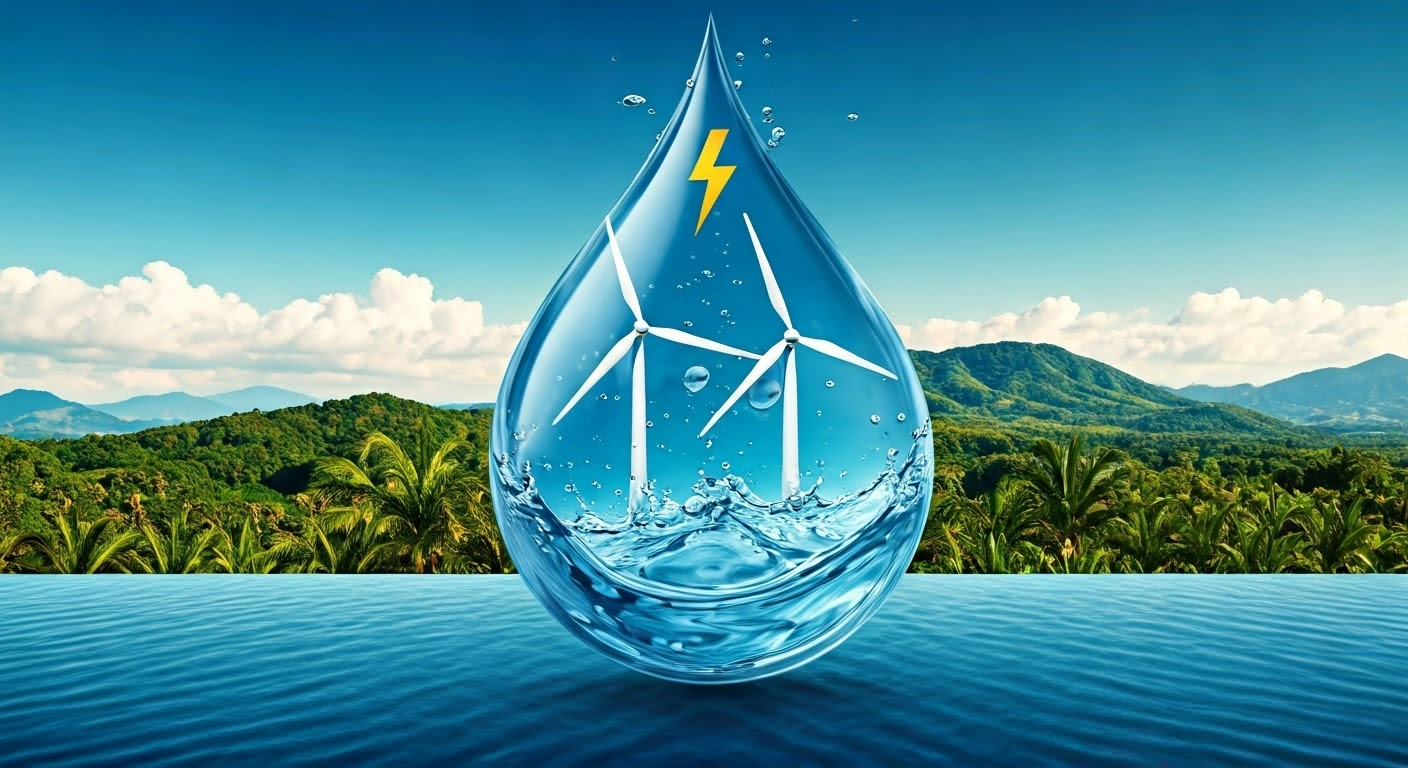For over three decades, the phenomenon of climate change skepticism, also known as climate denialism, has persisted despite overwhelming scientific evidence supporting anthropogenic global warming. This article explores the evolution of climate denial, its key players, and its impact on public opinion and policy.
The Origins of Organized Climate Denial
The roots of climate change denial can be traced back to the late 1980s and early 1990s, coinciding with the growing scientific consensus on human-induced climate change[1]. As the first assessment of the United Nations Intergovernmental Panel on Climate Change (IPCC) in 1990 concluded that human activities were increasing atmospheric greenhouse gas concentrations, leading to global warming, organized efforts to counter this narrative began to emerge[5].
The Fossil Fuel Industry’s Role
One of the primary drivers behind climate denial has been the fossil fuel industry. In the 1970s, oil companies published research that broadly concurred with the scientific community’s view on climate change. However, this stance shifted dramatically in subsequent decades[1]. For several decades, oil companies have been organizing widespread and systematic climate change denial campaigns to seed public disinformation, a strategy that has been compared to the tobacco industry’s organized denial of the hazards of smoking[1].
The Evolution of Denial Tactics
Climate denial has not remained static over the years. It has evolved in response to changing political and social landscapes.
Early Tactics: Disputing the Science
In the early years, climate deniers focused on attacking the scientific consensus directly. In 1996, climate change denier Frederick Seitz criticized the 1995 IPCC Second Assessment Report, alleging corruption in the peer-review process[1]. This marked the beginning of a trend where deniers would target either the IPCC’s processes, scientists, or the synthesis and executive summaries.
Shifting Focus: From Denial to Delay
As the evidence for climate change became increasingly irrefutable, the tactics of climate skeptics evolved. Matto Mildenberger, a Canadian climate policy researcher, notes that « In some ways, the face of climate denial in political rhetoric has shifted. It tends to be much more either, ‘We can’t do anything about it’ or ‘It’s not important enough to do right away.' »[5]
The Multidimensional Nature of Climate Denial
Research has shown that climate denial is not a monolithic concept but rather a multifaceted phenomenon. Rahmstorf (2004) distinguished between climate skeptics based on the aspects of climate science they disagree with, highlighting three dimensions of climate skepticism[7]:
- Trend skepticism
- Attribution skepticism
- Impact skepticism
Poortinga et al. (2011) found that these different dimensions of skepticism are strongly interrelated, suggesting that people may not distinguish among the different aspects of the climate change debate in the way scientists do[7].
The Role of Media and Politics
The media has played a significant role in amplifying climate denial. The journalistic reflex to provide two opposing sides on any story has often led to a false equivalence between climate scientists and climate skeptics[6]. This « both-sides » approach to reporting has given the public « a false sense that there was real substantial scientific debate about this, » according to Mildenberger[6].
Political Polarization
Climate change denial has become increasingly politicized, particularly in the United States. Research has shown a growing polarization between Democrats and Republicans on climate change issues[4]. This political divide has made it challenging to implement effective climate policies, as political leaders are often reluctant to promote and implement policies that are not widely popular among their base[9].
The Economic and Ideological Drivers of Denial
Climate change denial is not solely about scientific disagreement. It is deeply rooted in economic interests and ideological beliefs.
Economic Interests
The fossil fuel industry and related sectors have a vested interest in maintaining the status quo. This has led to significant funding of think tanks, lobbying groups, and political campaigns that promote climate skepticism[3].
Ideological Factors
Conservative political orientation, amplified by high political interest, has been shown to predict climate change denial through ideological pathways like right-wing authoritarianism and social dominance orientation[3].
The Impact of Climate Denial on Public Opinion and Policy
The persistent spread of climate misinformation has had a significant impact on public opinion and policy-making.
Public Opinion
Research suggests that exposure to misinformation is affecting the way people view climate change, polarizing debate and seeding doubt about the wisdom of switching to a low-carbon economy[5]. This has resulted in a « wait-and-see attitude » among many members of the public[5].
Policy Implications
Climate change skepticism has been identified as a strong barrier for support of mitigation policies or for carbon-reducing activities[4]. This has led to delays in implementing crucial climate policies in many countries.
Counteracting Climate Denial
As the impacts of climate change become increasingly evident, efforts to counteract climate denial have intensified.
Inoculation Strategies
Researchers have developed « inoculation » strategies to help the public resist misinformation. These strategies involve preemptively exposing people to weakened forms of misinformation along with refutations[7].
Shifting Focus to Solutions
Some climate communication experts suggest that the focus should shift from debating the reality of climate change to discussing solutions. This approach may help bypass ideological resistance and engage a broader audience in climate action[6].
Conclusion
After three decades, climate change denial continues to evolve and adapt, presenting ongoing challenges to climate science communication and policy implementation. Understanding the multifaceted nature of climate skepticism, its drivers, and its impacts is crucial for developing effective strategies to build public consensus and drive meaningful action on climate change.
As we move forward, it’s clear that addressing climate change will require not just scientific advances, but also concerted efforts to combat misinformation, bridge political divides, and engage the public in constructive dialogue about climate solutions. Only through such comprehensive approaches can we hope to overcome the legacy of decades of manufactured controversy and take the urgent action needed to address the climate crisis.
Citations:
[1] https://en.wikipedia.org/wiki/Climate_change_denial
[2] https://uu.diva-portal.org/smash/get/diva2:1879118/FULLTEXT01.pdf
[3] https://www.frontiersin.org/journals/psychology/articles/10.3389/fpsyg.2024.1328307/full
[4] https://pmc.ncbi.nlm.nih.gov/articles/PMC7323770/
[5] https://www.cbc.ca/news/science/climate-change-denial-fossil-fuel-think-tank-sceptic-misinformation-1.5297236
[6] https://www.weforum.org/stories/2022/08/is-climate-denialism-dead/
[7] https://pmc.ncbi.nlm.nih.gov/articles/PMC11056086/
[8] https://journals.sagepub.com/doi/full/10.1177/2158244017748983
[9] https://www.ufz.de/export/data/2/80327_GEC.pdf
[10] https://www.asanet.org/footnotes-article/structure-and-culture-climate-change-denial/

